A day after the opening of Expressions of Critical Thought, an exhibition at the Aurora Cultural Center featuring works by six Canadian artists including Iraqi-Canadian former video journalist Hala Alsalman, the artist said she was informed the show would be “temporarily closed.”
Aurora Cultural Center, a nonprofit organization located in its namesake town one hour outside Toronto, halted the exhibition after some locals complained that the works on view were antisemitic. Curated by members of community zine Carousel Collective, the show explored migration, cultural heritage looting, and systemic oppression.
Alsalman’s installation, titled “They Stole Our Eyes (but We Still See)” (2023) and consisting of inlay eyes and an interactive table and chairs, featured a map with a label that read “(Israel) Palestine.” Another participating artist and one of the show’s co-curators, Chantal Hassard, displayed a moving painting pillar that made reference to Gaza and Palestinian liberation. The other four artists’ works did not have anything to do with Palestine, Alsalman and Hassard said. By October 4, the exhibition had been permanently closed after “unexpected safety and security concerns,” the center said in a public statement.
Alsalman and Hassard told Hyperallergic they believe they were censored.
“I feel what they did contributes to the consistent dehumanization of Arabs in general,” Alsalman said. “I’m the only Arab who was showing, but obviously it’s not just me, it’s all of us.”
Hassard, who says she is the grandchild of a Holocaust survivor, told Hyperallergic that she did not think any of the works in the gallery expressed antisemitic sentiment and called those allegations a “dangerous mischaracterization of the term.”

In an Aurora Town Square Facebook post announcing the exhibition, three users described images of the art in the show, which have since been deleted, as “antisemitic” and called for their removal from the cultural space. Hyperallergic has contacted all three accounts for comment.
In a statement, a spokesperson for Aurora Cultural Center told Hyperallergic that it conducted a “thorough review process, concluding that the potential for harm in our community outweighed the benefits of keeping the exhibit open.”
“We engaged in an independent, objective and balanced assessment of the exhibit and found no harmful intent or content,” the spokesperson said. “However, we have learned that we must present challenging works with context and choice to the community … We recognize and are deeply sorry for the distress that this organizational decision has brought to the artists.”
In an October 4 email reviewed by Hyperallergic, the center informed the participating artists that the show was being canceled due to “concerns raised by members of our community regarding the traumatic responses to some of the artworks.” Several reports in local media linked the antisemitism accusations with the decision to close the exhibition.


Alsalman told Hyperallergic that in a Zoom meeting with center’s director, Suzanne Haines, she asked was specifically asked about her investigative installation entitled “They Stole Our Eyes (but We Still See),” born out of Alsalman’s journalistic research into Iraq’s looted antiquities black market.
Alsalman said Haines asked her about the meaning of her small handwritten label that read “(Israel) Palestine.”
“As an Iraqi, all my life, my country’s been bombed,” Alsalman told Hyperallergic. “So seeing images in Gaza now … they are us and we are them.” Alsalman described her Palestine reference as a “tiny thing of solidarity” that was part of a larger, more complex work.
The reference, Alsalman said, was formulated similarly to a common Indigenous land acknowledgment seen in Canada: “Tkaronto (Toronto).” Alsalman added that her work was not antisemitic because there was “no reference to the Jewish religion” or people.

Alsalman’s piece invited viewers to look through the eye inlays, based on ancient looted artifacts from statues during the United States’s invasion of Iraq and sold at major auction houses, and a table holding various related items. Above the table was a map of ancient Mesopotamian cities.
Hassard’s “Exquisite Corpse Project,” a co-created participatory work, was partially painted by students in the University of Toronto at a Palestine solidarity encampment. On the rotating sections, artists collaborated on images of a Palestinian flag and the Dome of the Rock, an Islamic monument at the Al-Aqsa mosque in Jerusalem, and wrote words including “Gaza” and “Intifada.”
“If we’re in a digital landscape, where everything is interactive and we have touch screens, then painting should reflect that interactivity and that participation,” Hassard said.
Earlier this year, Hassard added, an Ontario Superior Court found that the University of Toronto encampment was peaceful and that the university did not make a strong enough case for antisemitism in a movement to clear the protest.
Leading up to the exhibition, Hassard said the Aurora Cultural Center’s staff was aware of the artwork’s content before the show opened and did not bring any concerns to the artists’ attention.

Alberto Castillo, another artist participating in the canceled show, said his work did not contain references to Palestine. While he considers the closure of the exhibition to constitute an act of censorship, he believes the problem runs deeper.
“This is a community center that claims to represent a community,” he said in a phone interview. “The major problem is that not a lot of communities were actually consulted about any of this. So there’s no voice from Palestinian people at all in this conversation.”
Another featured artist, Vridhhi Chauhdry, said she thought it was important to “break the peace” in gallery spaces. “Some truths are uncomfortable, and that’s exactly why they need to be heard,” the artist wrote in a statement to Hyperallergic.
“The irony is hard to miss — freedom of expression only seems to apply when it doesn’t challenge certain narratives or make certain audiences uncomfortable,” Chauhdry said.
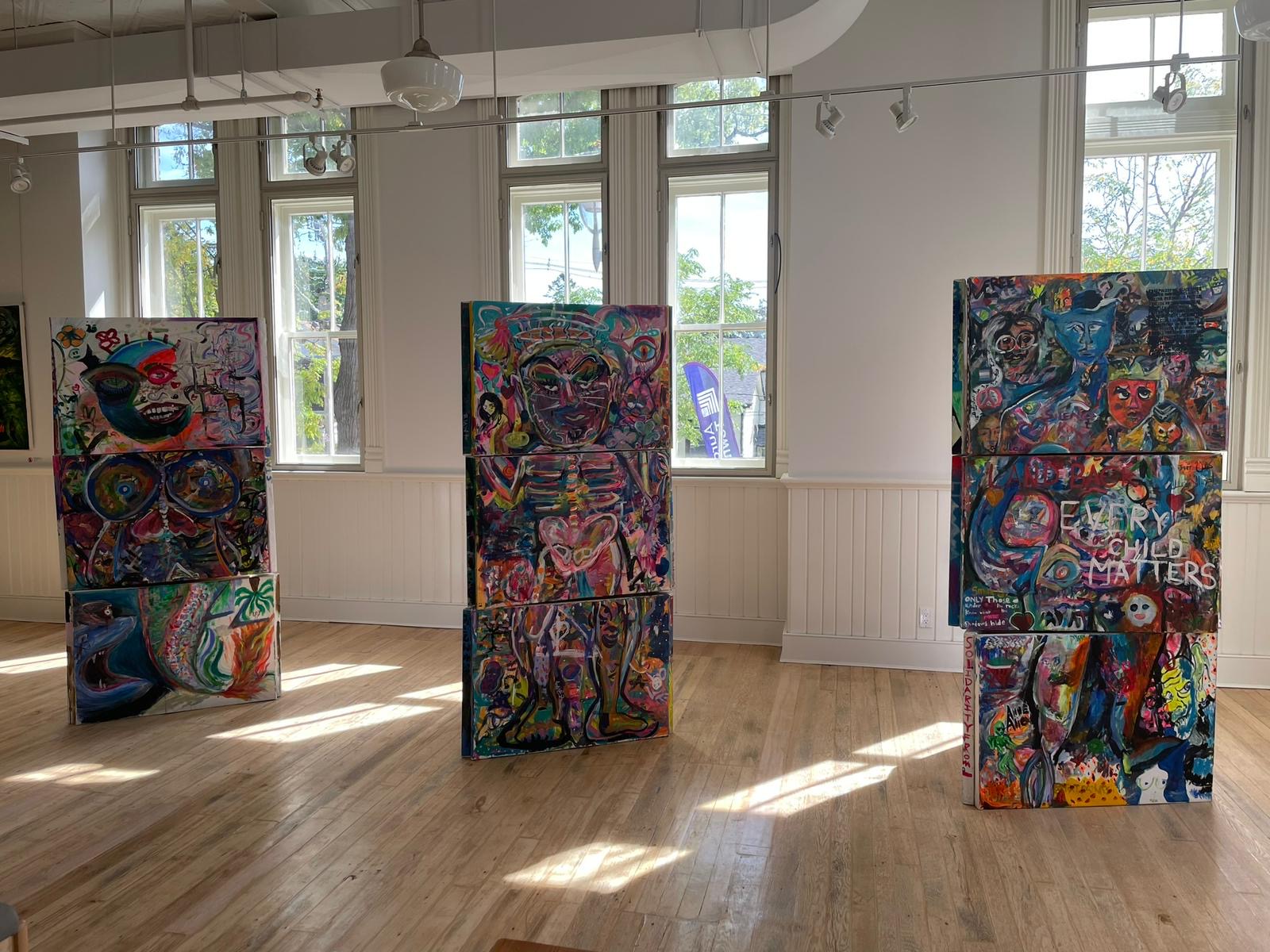
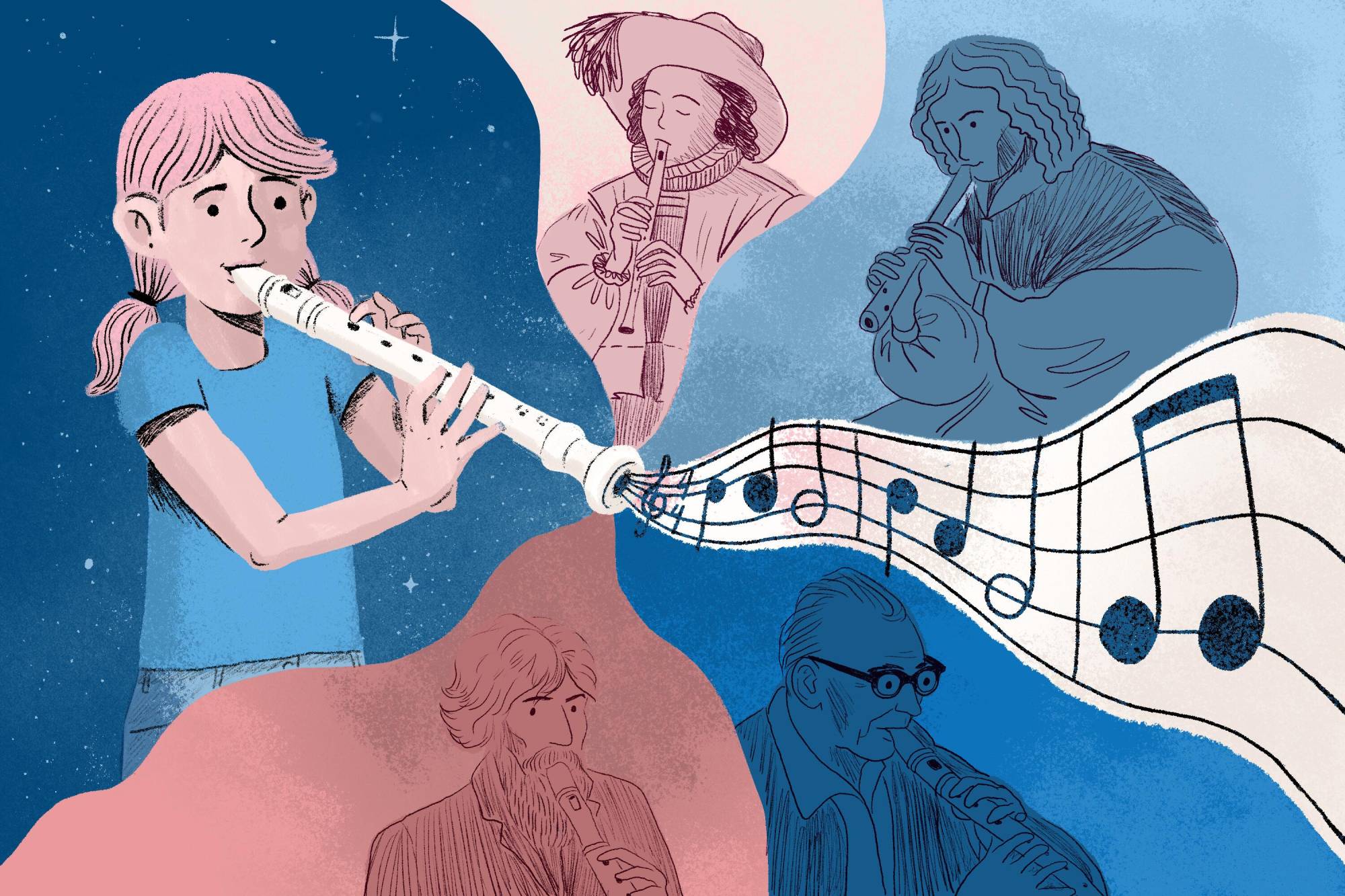

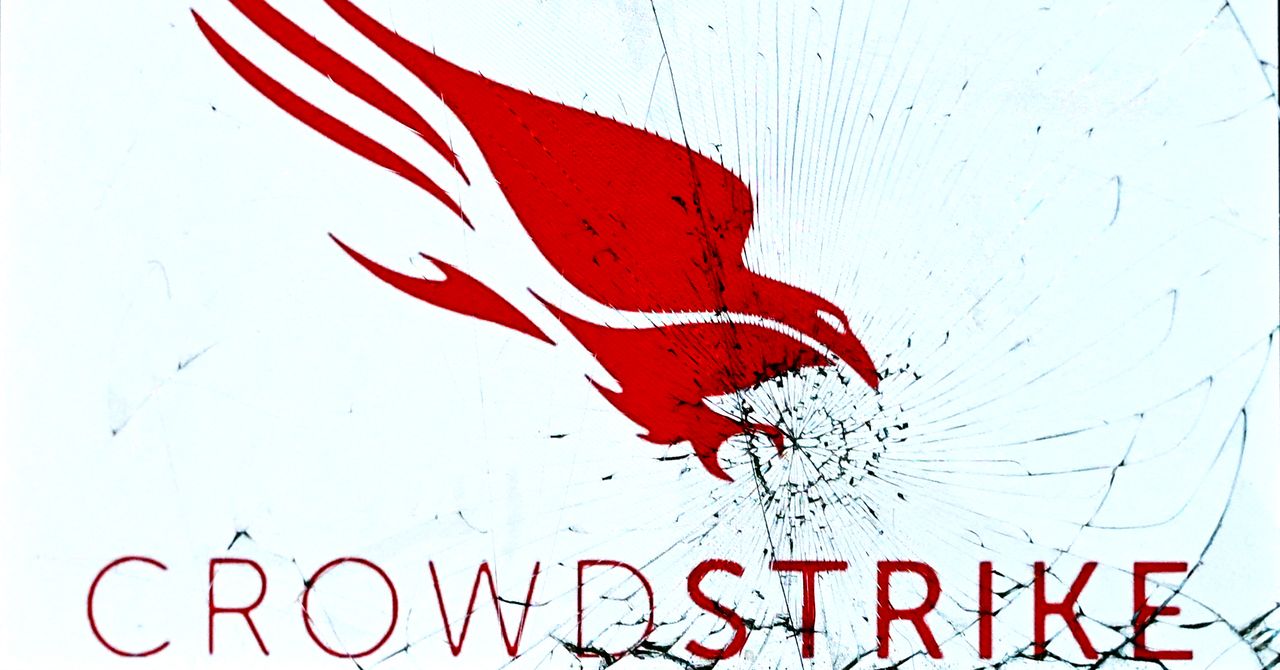
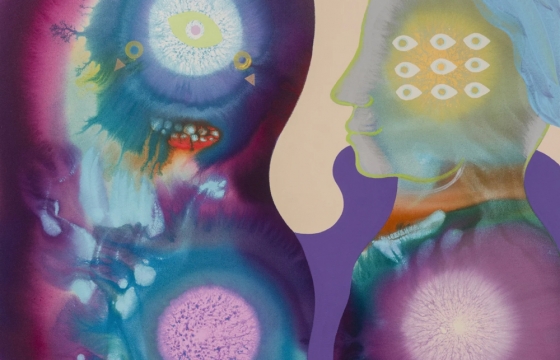
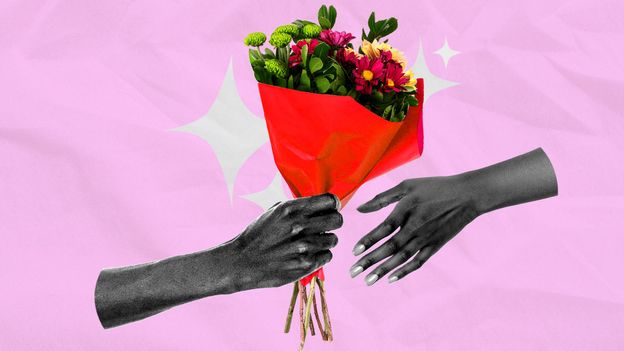
Leave a Reply